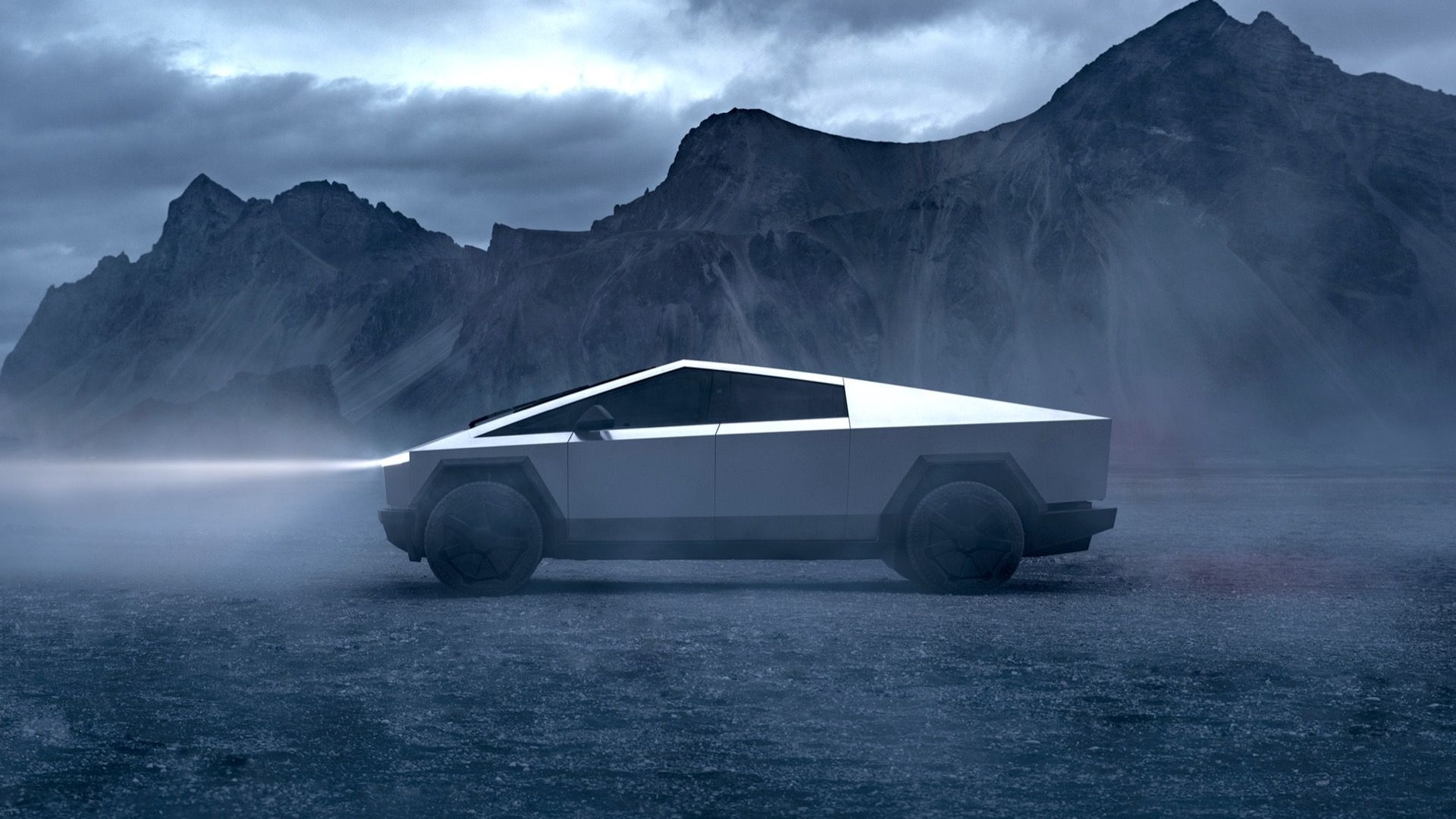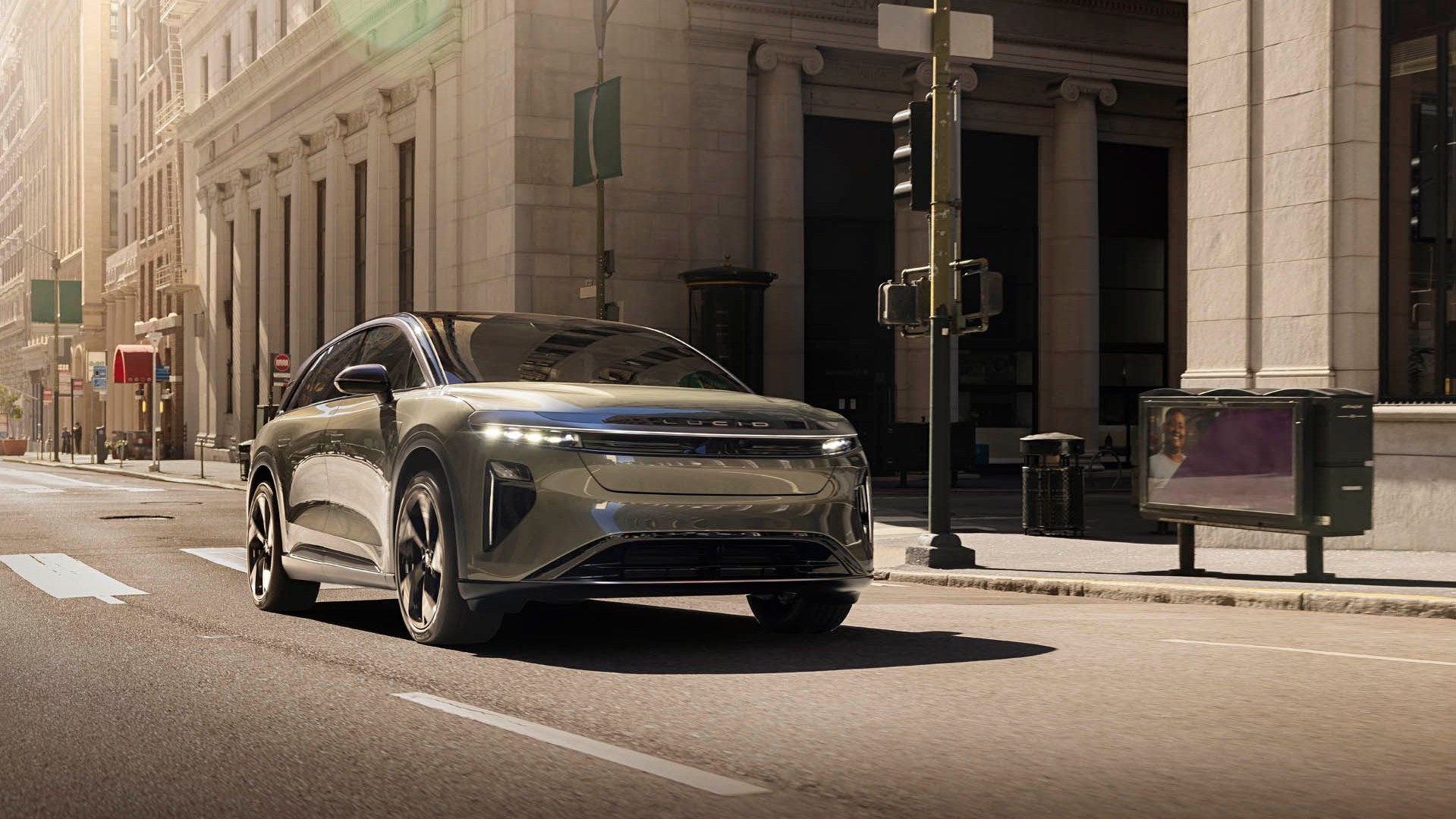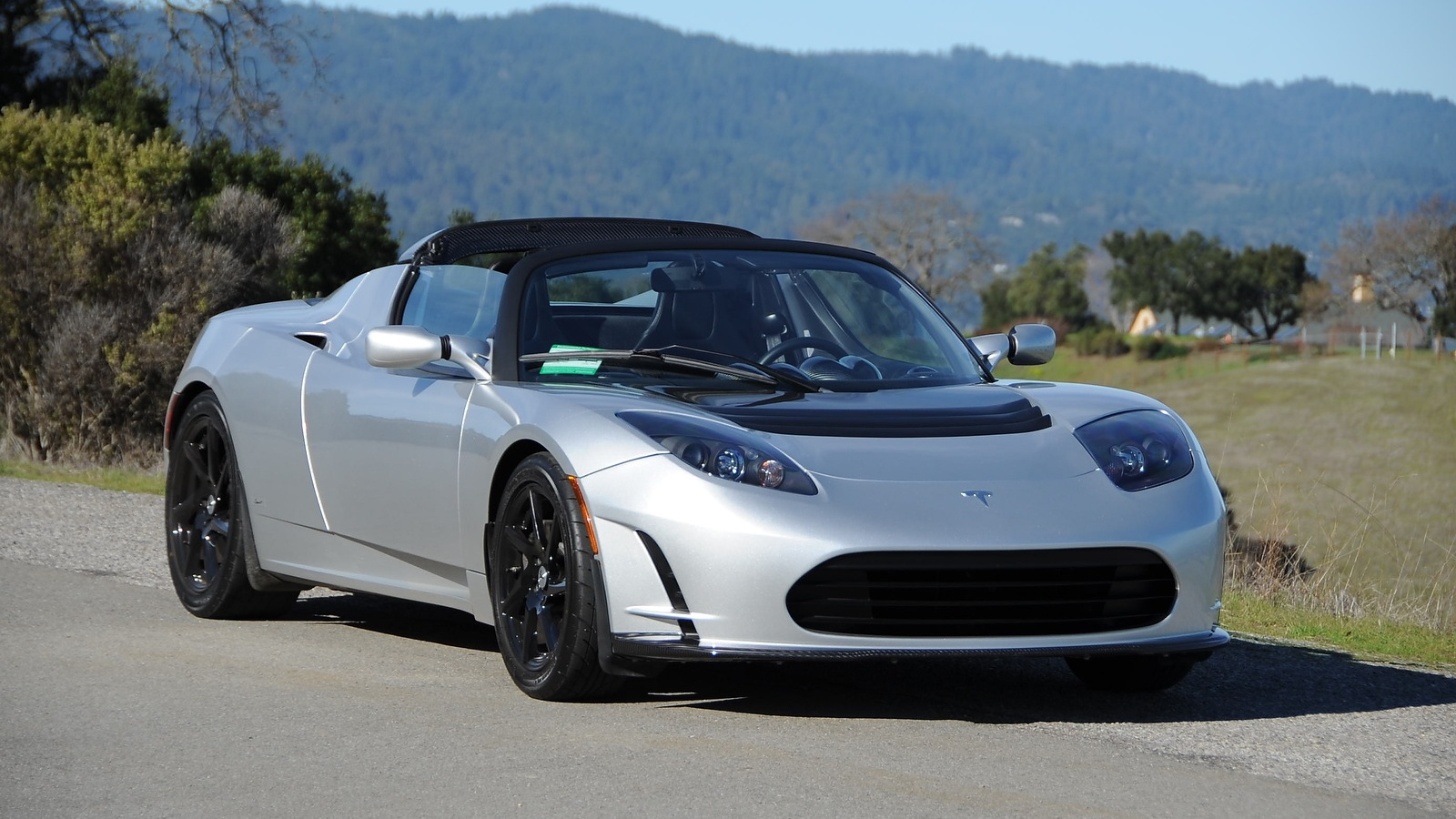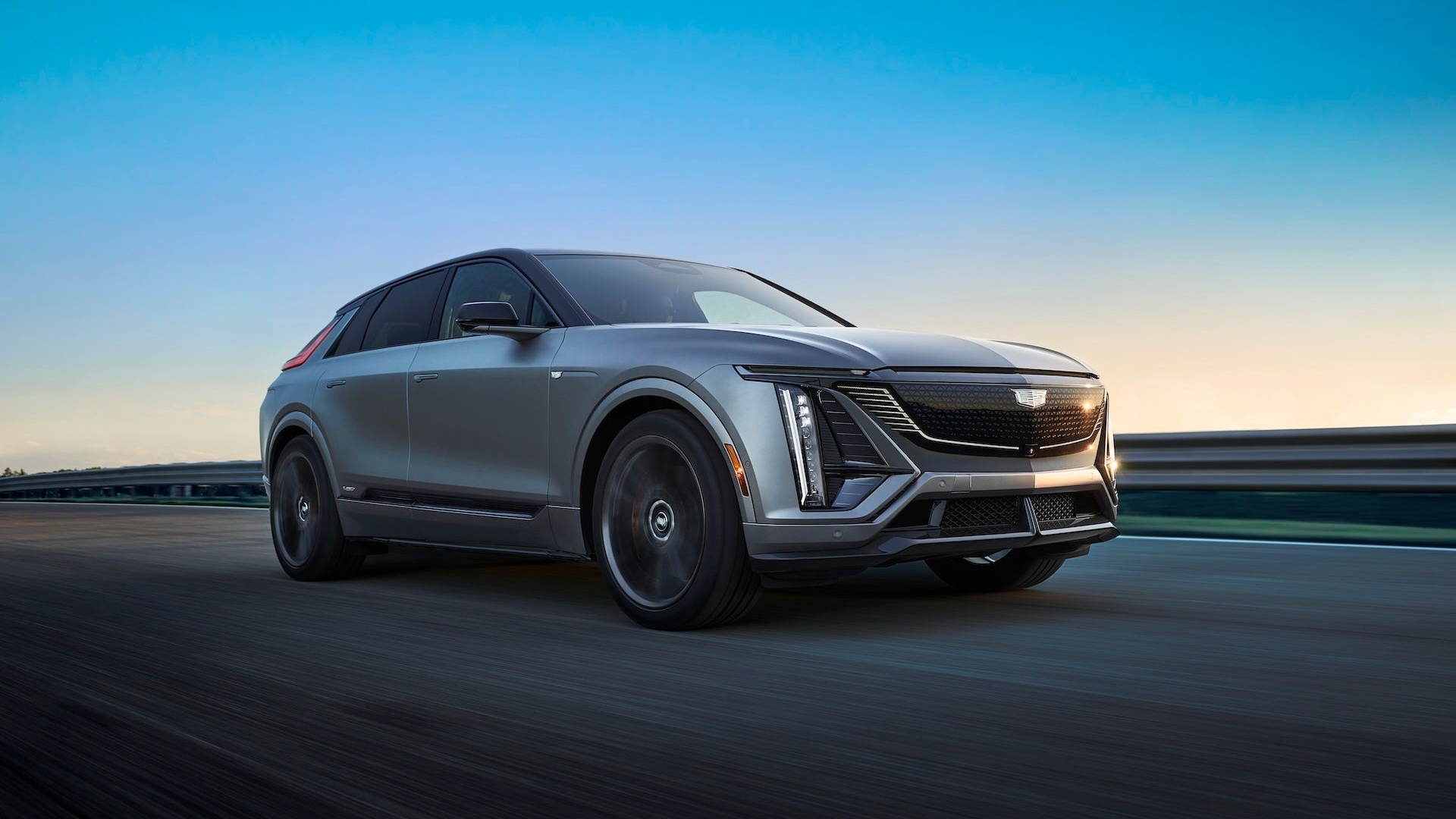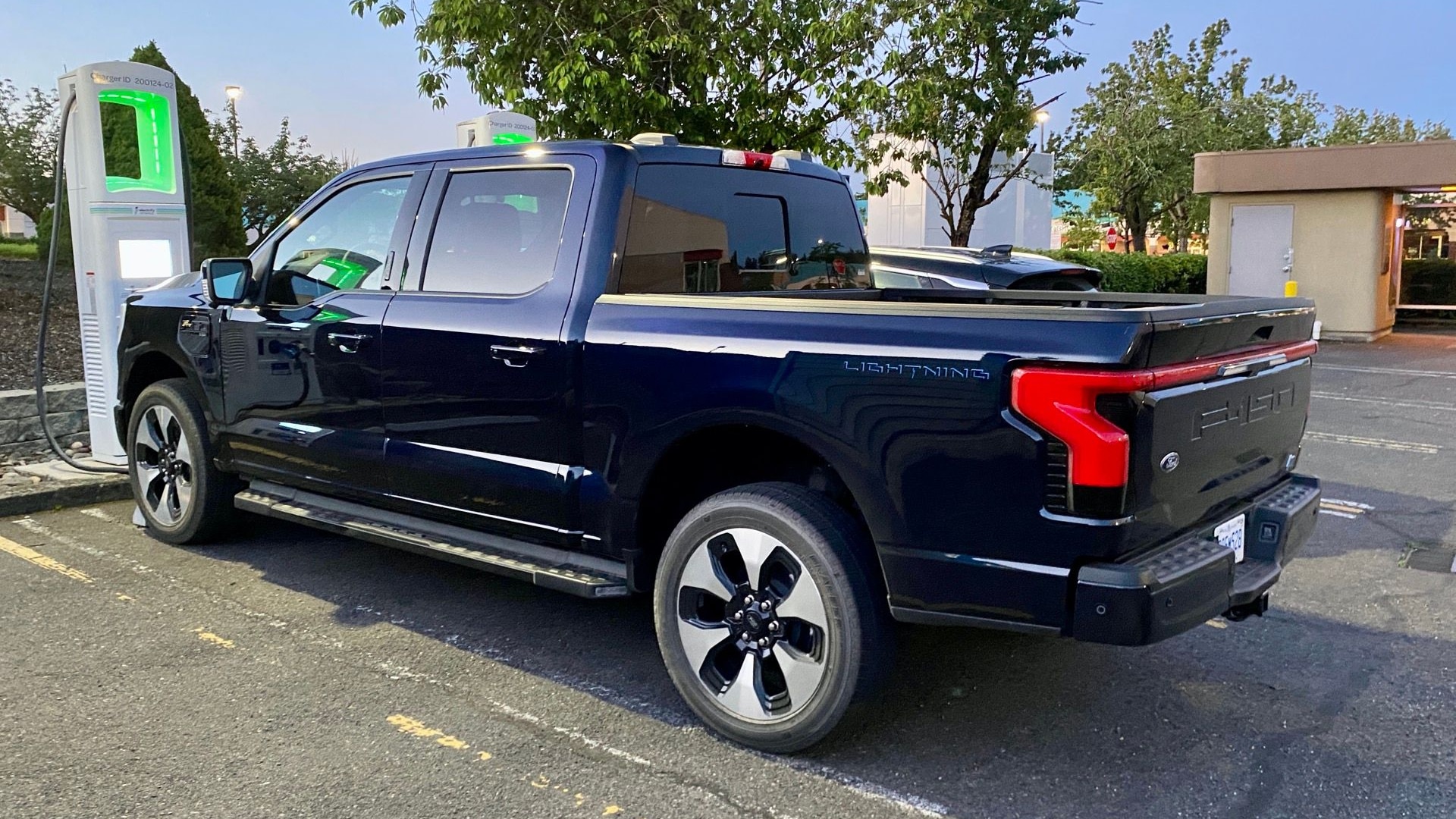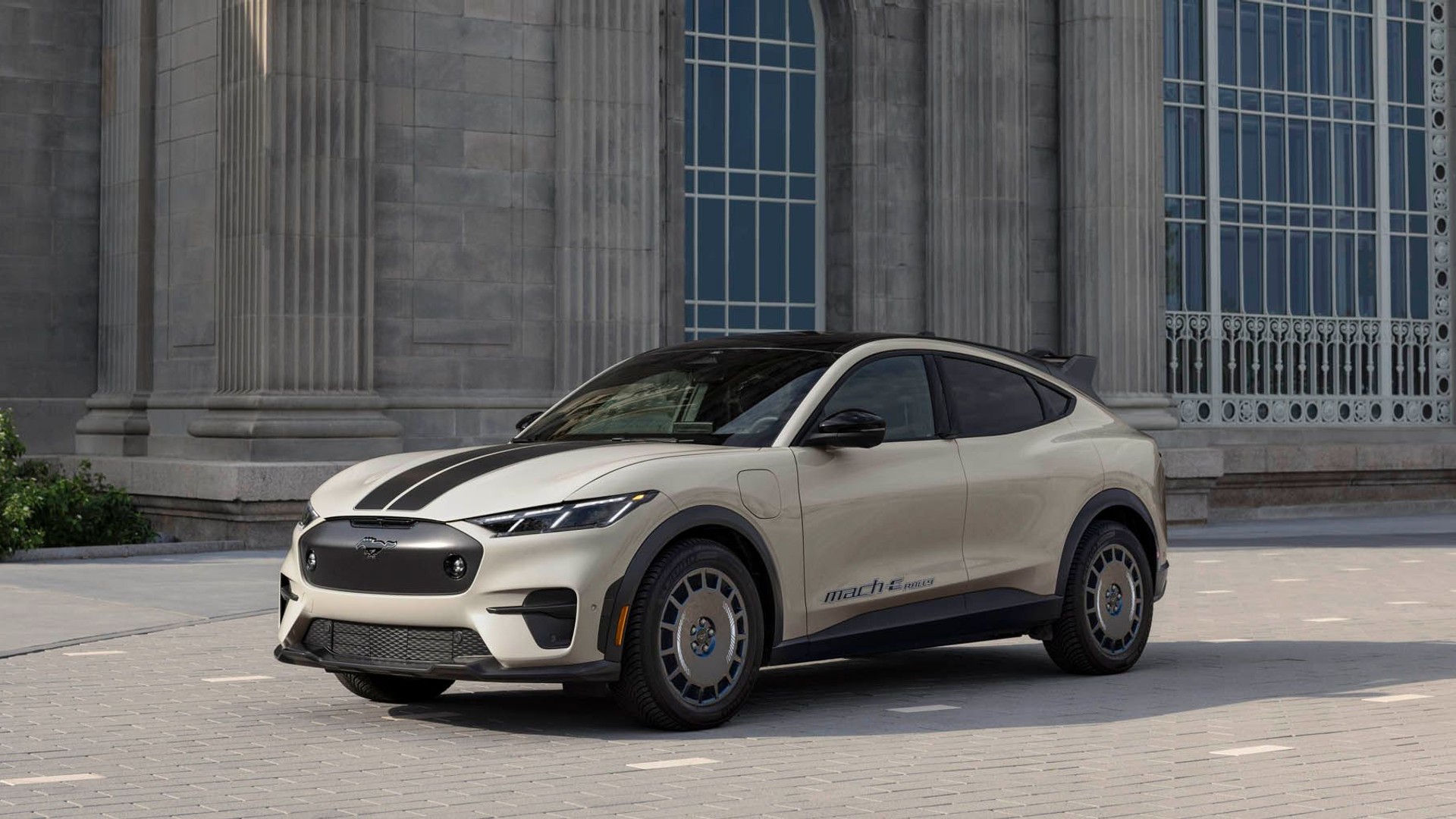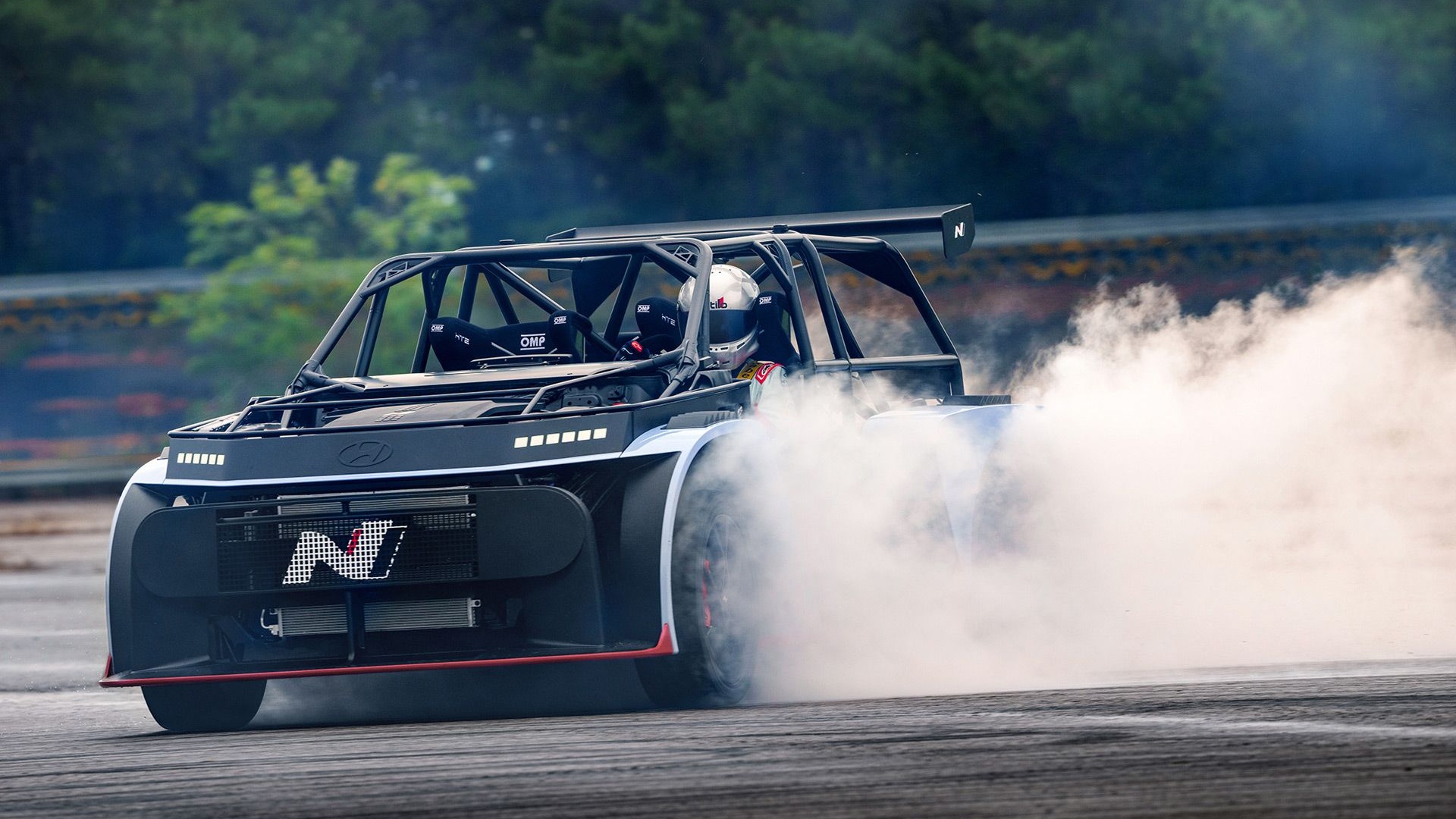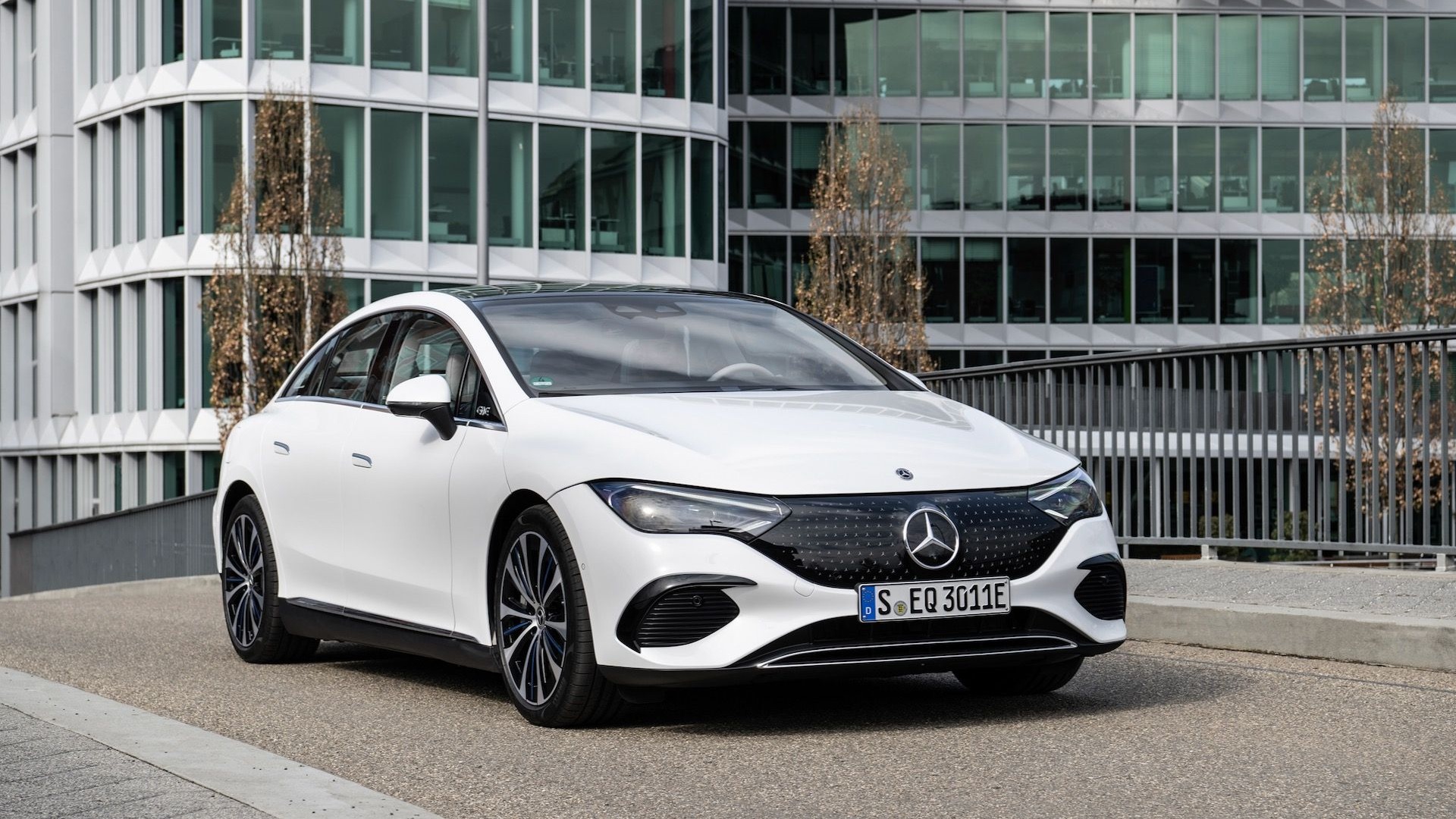The past two months haven't been kind to Carlos Ghosn.
The former auto executive was arrested late last year in Japan on charges that he bilked Nissan for millions in unauthorized pay and perks, including financial dealings with business partners that weren't formally disclosed.
Shortly after his arrest in November, Nissan announced that he was replaced as head of Nissan. Just a few days later, Mitsubishi announced his ouster as chief of that company, too.
Renault on Thursday announced that Ghosn resigned from his top spot as chairman and CEO of that automaker too, throwing into doubt the now-shaky alliance Ghosn helped forge between all three automakers that resulted in one of the world's largest automaking powerhouses and his own legacy as a chief proponent of mass-market electric vehicles sold around the world.
MUST READ: 300,000th Nissan Leaf electric car delivered as new version kicks off
In a statement, Nissan said it would be committed to staying part of the Renault-Mitsubishi-Nissan group—the Alliance—although it's unclear how it may change. Renault owns a 43.4 percent share of Nissan, with voting rights, but Nissan's non-voting 15 percent ownership stake in Renault has been criticized by some in Japan as unfair.
Under Ghosn, Nissan built and sold the first mass-market, fully electric vehicle sold around the world. In eight years on sale, Nissan has reportedly sold more than 386,000 Leafs according to the automaker, which makes it the world's best-selling electric car. (Tesla Model 3 reservations top that number, although that automaker hasn't yet delivered all of its reserved cars.)
Ghosn told CNBC in 2017 that the automakers he collectively ran profited on electric vehicles, which has been elusive for many automakers so far.
"We are probably the most advanced carmaker in terms of costs of electric cars and we have announced already in 2017 that we are probably the only carmaker who's starting to make money selling electric cars," Ghosn told the news network in 2017.
In 2009, Ghosn spearheaded Nissan's efforts to produce the Leaf and sell it across the world. He committed billions of dollars to the Leaf's development, battery production, and marketing, and committed billions more to building and selling electric cars in China, the biggest opportunity market for automakers in the world.
DON'T MISS: Nissan Leaf sedan: Company builds Sylphy, first electric car for China
In recent years, the Leaf's popularity has waned as automakers such as Tesla and BYD have replaced it atop sales charts in multiple countries. Last year, Nissan sold its battery supplier to a Chinese state-backed company for an undisclosed amount, although Nissan retained a minority ownership stake. The company will buy future batteries from another supplier.
Still, Nissan and Ghosn pushed the Leaf and its potential to investors worldwide.
With Ghosn now gone, it's unclear if all the automakers he once ran will move away from the electric cars he once championed.
"Obviously, for those who ignore the change, or avoid the change, it's going to be terrible," he told the BBC last year.




